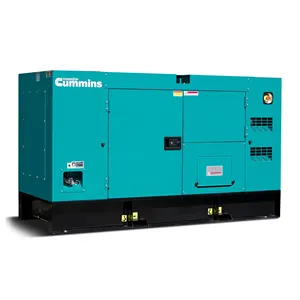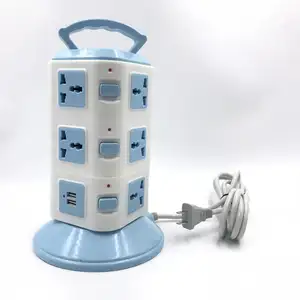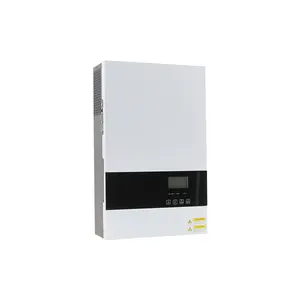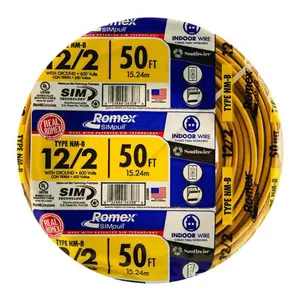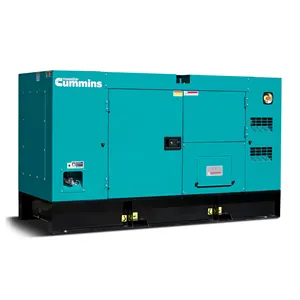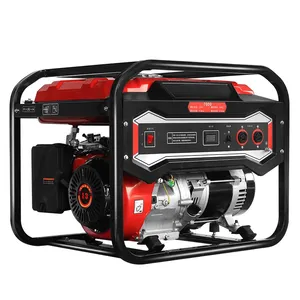आपके उद्योग में लोकप्रिय






विद्युत टर्मिनल कनेक्टर 0.5 मिमी पिच 10पिन ऊंचाई 1.0 मिमी पुरुष बोर्ड से बोर्ड मेज़ानाइन कनेक्टर
शिप करने के लिए तैयार
₹14.42 - ₹16.12
न्यूनतम ऑर्डर: 1000 नग
शिपिंग प्रति टुकड़ा: ₹2.55







इंसुलेटेड वायर कनेक्टर मल्टी स्प्लिस कनेक्टर डुअल एंट्री इलेक्ट्रिकल पावर ब्लैक केबल वायर कनेक्टर
₹84.81
न्यूनतम ऑर्डर: 100 नग







कस्टम Molex/JST श ZH पीएच इस XH कनेक्टर टर्मिनल केबल विधानसभा तार दोहन Molex/JST 2 3 4 5 6 7 8 9Pin केबल
₹16.12 - ₹151.81
न्यूनतम ऑर्डर: 100 नग







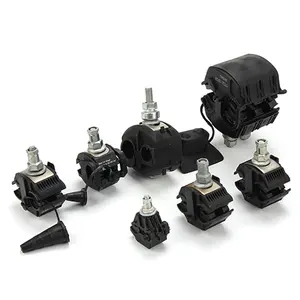





एबीसी तार विद्युत अछूता भेदी कनेक्टर्स इन्सुलेट पंचर clamps 1KV इन्सुलेशन भेदी केबल कनेक्टर्स clamps
₹41.56 - ₹47.50
न्यूनतम ऑर्डर: 100 नग







धातु की चेन कनेक्टर रक्षक धूल टोपी टीएनसी महिला आरएफ समाक्षीय संबंधक के साथ सिलिकॉन रबर गैसकेट IP68
₹52.59 - ₹69.55
न्यूनतम ऑर्डर: 500 नग
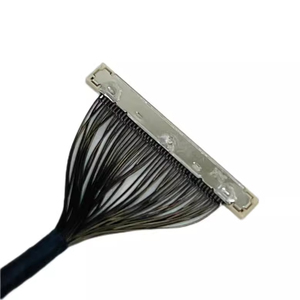

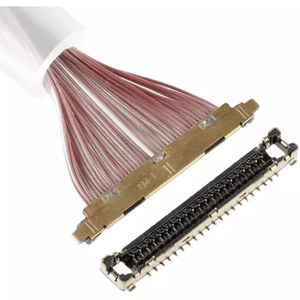
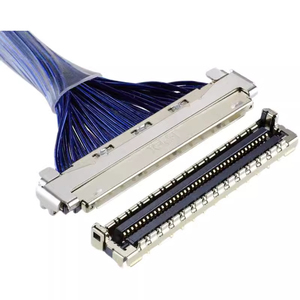


0.4 मिमी वर्टिकल मैचिंग एचआरएस एमसीसी 42AWG 30pin 40pin 50PIN कनेक्टर DF36-40P-0.4SD ड्रोन EDP स्क्रीन वायर LVDS केबल
₹848.10 - ₹4,240.48
न्यूनतम ऑर्डर: 50 नग






Xlpe एकल जुड़वां कोर सौर पीवी केबल 4Mm/6Mm 2 Connectics केबल फोटोवोल्टिक के लिए वाई शाखा पीवी केबल कनेक्टर 2To1 3To1 4To1 एम सी 4
शिप करने के लिए तैयार
₹217.97 - ₹272.24
न्यूनतम ऑर्डर: 100 नग
शिपिंग प्रति टुकड़ा: ₹282.42






एमसीसी 40AWG अल्ट्रा-फाइन समाक्षीय IPEX कनेक्टर 0.5 मिमी पिच 20454 030T LVDS EDP केबल कंप्यूटर फ्लैट पैनल एलसीडी डिस्प्ले
₹356.21 - ₹466.46
न्यूनतम ऑर्डर: 100 नग






फीनिक्स 1852189 एमसीसी 1/ 3-एसटीजेड-3,81 - पीसीबी कनेक्टर
शिप करने के लिए तैयार
₹38.15 - ₹44.49
न्यूनतम ऑर्डर: 1 नग
शिपिंग प्रति टुकड़ा: ₹1,045.71





0.5mm पिच 2 टुकड़ा कनेक्टर kel SSL20-20SB माइक्रो समाक्षीय केबल के लिए सुरक्षा उपकरण
₹424.05 - ₹508.86
न्यूनतम ऑर्डर: 100 नग






आरएफ कनेक्टर परीक्षण जांच MS-156 MS156 एमसीसी प्लग C3 पुरुष सही कोण RG174 RG316 केबल के लिए
₹508.86 - ₹593.67
न्यूनतम ऑर्डर: 100 नग
शीर्ष श्रेणियां
mcc का कनेक्टर के बारे में
सी आपको अलग-अलग उच्च-गुणवत्ता, कुशल और टिकाऊ का एक मेजबान लाता है। विभिन्न प्रकार के इलेक्ट्रॉनिक उपयोगों और बिजली वितरण उद्देश्यों के लिए mcc का कनेक्टर। ये इष्टतम मानक। mcc का कनेक्टर मजबूत गुणों के हैं और साइट पर प्रमुख आपूर्तिकर्ताओं और थोक विक्रेताओं से सबसे सस्ती कीमतों पर खरीदे जा सकते हैं। ये उत्पाद न केवल विभिन्न औद्योगिक, पावर स्टेशन उद्देश्यों के लिए उपयोग किए जाते हैं, बल्कि आवासीय सेटिंग्स में भी कार्यक्षमता प्रदान करते हैं। ये। mcc का कनेक्टर विद्युत संचालन करने में स्थायित्व और दक्षता प्रदान करते हैं।
की विभिन्न विविधताएँ। साइट पर उपलब्ध mcc का कनेक्टर एबीएस प्लास्टिक, एफआरपी, धातु, कंक्रीट जैसे मजबूत और उच्च गुणवत्ता वाली सामग्री से बने होते हैं जो वर्षों से स्थायित्व सुनिश्चित करते हैं। द। साइट पर दी गई mcc का कनेक्टर IP30, IP60 सुरक्षा डिग्री के साथ इनडोर और आउटडोर उपयोग दोनों के लिए आदर्श हैं। अविश्वसनीय। mcc का कनेक्टर यहां उपलब्ध पावर स्टेशनों में भारी बिजली वितरण उपयोगों के लिए प्रमाणित, परीक्षण और सत्यापित हैं।
गाय आपको एक विस्तृत विविधता प्रदान करता है। आवश्यकताओं और मॉडल चयन के आधार पर mcc का कनेक्टर। ये। mcc का कनेक्टर कॉम्पैक्ट सबस्टेशन डीबी बॉक्स, ट्रांसमिशन टावर्स, इलेक्ट्रिक केबल रेल से कैपेसिटर, एमसीबी डिस्ट्रीब्यूशन बॉक्स, वॉटरप्रूफ स्टेज-लाइट, और कई और अधिक रेंज हैं। द। साइट पर दिए गए mcc का कनेक्टर वाटरप्रूफ, शॉकप्रूफ, लीकप्रूफ, एंटी-रस्ट, एंटी-जंग और एनर्जी सेविंग हैं।
की विशाल रेंज का अन्वेषण करें। mcc का कनेक्टर अपने बजट के भीतर इन उत्पादों को खरीदने और पैसे बचाने के लिए सी। ओ। ये उत्पाद आईएसओ, सीई, आरओएचएस प्रमाणित हैं और अनुकूलन योग्य विकल्पों के साथ उपलब्ध हैं। आप विशेषज्ञ इंजीनियरों द्वारा ऑनसाइट स्थापना और बिक्री के बाद की सेवाओं के लिए भी जा सकते हैं।
की विभिन्न विविधताएँ। साइट पर उपलब्ध mcc का कनेक्टर एबीएस प्लास्टिक, एफआरपी, धातु, कंक्रीट जैसे मजबूत और उच्च गुणवत्ता वाली सामग्री से बने होते हैं जो वर्षों से स्थायित्व सुनिश्चित करते हैं। द। साइट पर दी गई mcc का कनेक्टर IP30, IP60 सुरक्षा डिग्री के साथ इनडोर और आउटडोर उपयोग दोनों के लिए आदर्श हैं। अविश्वसनीय। mcc का कनेक्टर यहां उपलब्ध पावर स्टेशनों में भारी बिजली वितरण उपयोगों के लिए प्रमाणित, परीक्षण और सत्यापित हैं।
गाय आपको एक विस्तृत विविधता प्रदान करता है। आवश्यकताओं और मॉडल चयन के आधार पर mcc का कनेक्टर। ये। mcc का कनेक्टर कॉम्पैक्ट सबस्टेशन डीबी बॉक्स, ट्रांसमिशन टावर्स, इलेक्ट्रिक केबल रेल से कैपेसिटर, एमसीबी डिस्ट्रीब्यूशन बॉक्स, वॉटरप्रूफ स्टेज-लाइट, और कई और अधिक रेंज हैं। द। साइट पर दिए गए mcc का कनेक्टर वाटरप्रूफ, शॉकप्रूफ, लीकप्रूफ, एंटी-रस्ट, एंटी-जंग और एनर्जी सेविंग हैं।
की विशाल रेंज का अन्वेषण करें। mcc का कनेक्टर अपने बजट के भीतर इन उत्पादों को खरीदने और पैसे बचाने के लिए सी। ओ। ये उत्पाद आईएसओ, सीई, आरओएचएस प्रमाणित हैं और अनुकूलन योग्य विकल्पों के साथ उपलब्ध हैं। आप विशेषज्ञ इंजीनियरों द्वारा ऑनसाइट स्थापना और बिक्री के बाद की सेवाओं के लिए भी जा सकते हैं।
